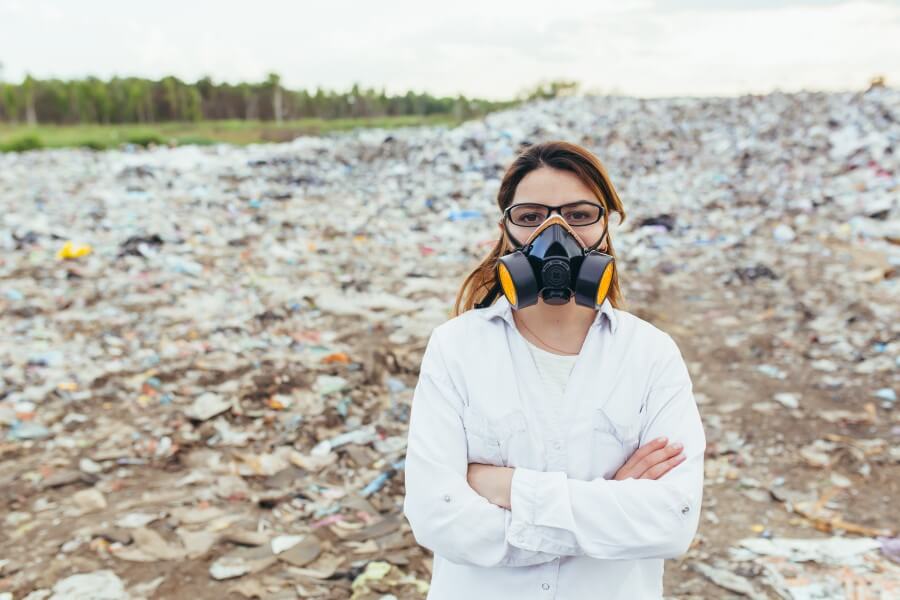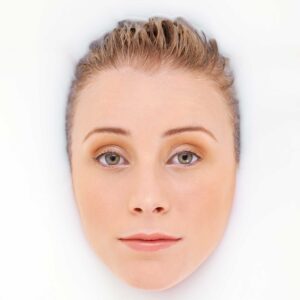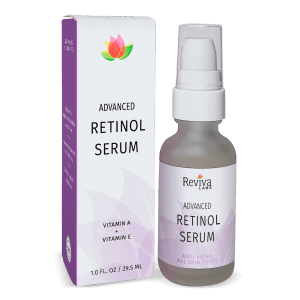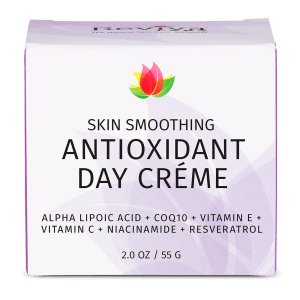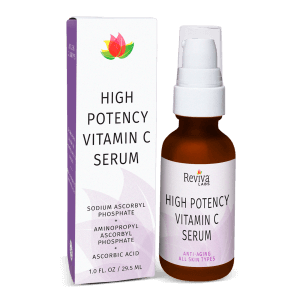Clean Beauty, Reviva Labs, Skin Care
The Impact of Pollution on the Skin
In today’s urban environments, our skin can face many challenges. Pollution, a damaging and pervasive issue in cities worldwide, can significantly affect the health and appearance of our skin. From tiny particulate matter to harmful gases, pollutants can cause various skin problems, making it crucial to understand how to protect our skin from these environmental aggressors.
How Pollution Damages the Skin
Pollution particles are often small enough to penetrate the skin barrier. Once these particles infiltrate the skin, they can cause oxidative stress, which leads to inflammation and the breakdown of collagen and elastin fibers. This process accelerates aging, resulting in fine lines, wrinkles, and sagging skin. As if that wasn’t enough, pollutants can clog pores and lead to an increase in acne and other blemishes.
Research indicates that pollution exposure can also exacerbate existing skin conditions. For example, individuals with eczema, psoriasis, or rosacea may experience more severe flare-ups due to pollution-induced inflammation. Furthermore, pollution can lead to uneven skin tone and hyperpigmentation, as the skin produces more melanin in response to the stress caused by pollutants.
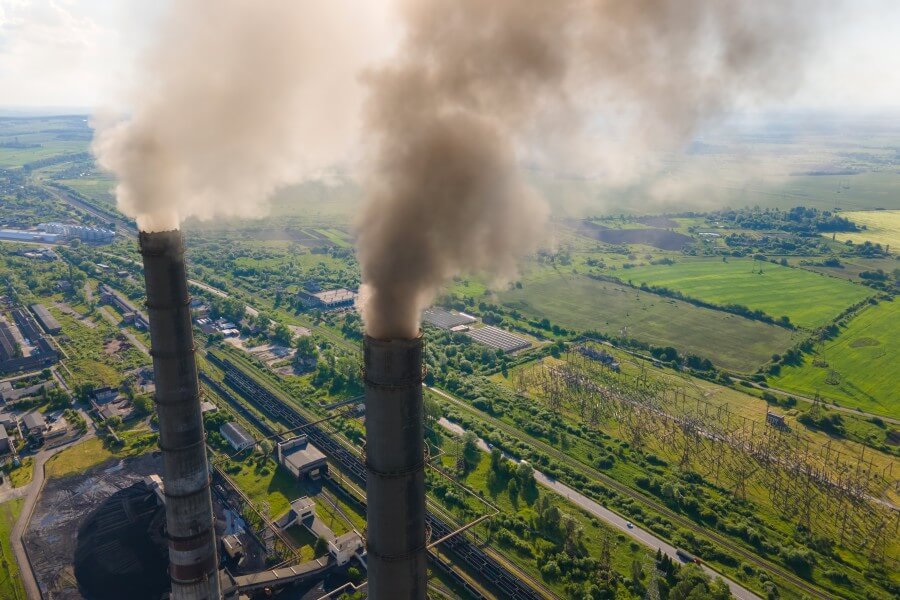
Who Should Be Extra Cautious?
While all skin types can suffer from the effects of pollution, some are more susceptible than others. Sensitive skin, which is prone to redness and irritation, can react more intensely to pollutants. This skin type often has a compromised barrier, making it easier for harmful particles to penetrate and cause damage.
Oily skin types are also at risk. Pollution can mix with the skin’s natural oils, leading to clogged pores and an increase in acne breakouts. Conversely, those with dry skin should also be cautious, as pollutants can further strip the skin of its natural moisture, exacerbating dryness and flakiness.
Remarkably, mature skin needs to be the most vigilant. As we age, our skin naturally loses its ability to defend against environmental aggressors. Pollution can accelerate this process, leading to more pronounced signs of aging. With that said, no matter what your skin type is, people living in highly polluted urban areas should take extra precaution due to the constant exposure to harmful pollutants.
Preventive Measures and Protective Strategies
Protecting the skin from pollution involves a combination of proper skincare routines and lifestyle changes. Cleansing is the first line of defense. Using a gentle cleanser helps remove pollutants and impurities without stripping the skin of its natural oils. It’s essential to cleanse both in the morning and evening to ensure the skin remains free from pollutant buildup.
Antioxidants play a crucial role in combating the effects of pollution. Products containing vitamin C and vitamin E, as well as other antioxidant-rich ingredients, help neutralize free radicals and protect the skin from oxidative stress. Incorporating these into your daily skincare routine can significantly mitigate the damage caused by pollution.
Moisturizing is essential, especially for dry and mature skin types. A good moisturizer acts as a barrier, preventing pollutants from penetrating the skin. Look for products with hydrating ingredients like hyaluronic acid and ceramides, which help maintain the skin’s moisture balance.
The Role of Sunscreen
Sunscreen is not just for sun protection; it also provides a shield against pollution. Using a broad-spectrum sunscreen with at least SPF 30 can help protect your skin from the combined effects of sun exposure and pollution.
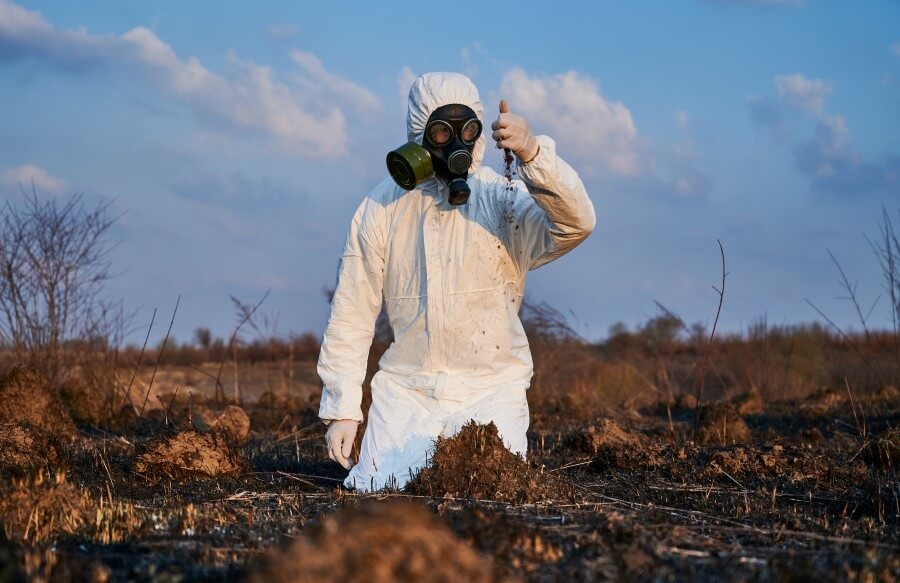
Lifestyle Adjustments
Apart from skincare products, lifestyle choices can also impact how your skin responds to pollution. A diet rich in antioxidants can help protect the skin from within. Foods like berries, leafy greens, and nuts are excellent sources of antioxidants that combat oxidative stress.
Staying hydrated is equally important. Drinking plenty of water helps flush out toxins from the body, including those that can affect the skin. Additionally, using a humidifier at home can maintain indoor moisture levels, preventing the skin from becoming too dry due to indoor heating or cooling systems.
Environmental Awareness
Understanding and reducing your exposure to pollution can also benefit your skin. Using air purifiers at home can reduce indoor pollution levels. When outdoors, try to avoid heavy traffic areas where pollution levels are highest. Wearing protective clothing and accessories like hats and scarves can provide an extra layer of defense against pollutants.
While pollution is an inevitable part of modern, urban life, its effects on our skin don’t have to be. By understanding how pollution damages the skin and adopting protective measures, we can significantly reduce its impact.
Taking care of your skin in polluted environments requires diligence, but the rewards are clear. With the right approach, you can safeguard your skin from the harmful effects of pollution and enjoy a healthier, more youthful complexion. By prioritizing your skin’s health and staying informed about environmental factors, you can ensure your skin remains resilient and beautiful, no matter where you live.



